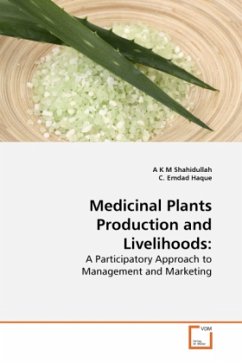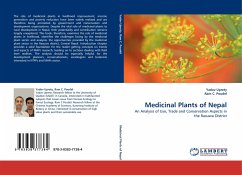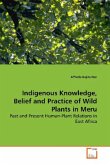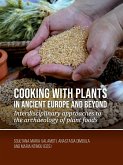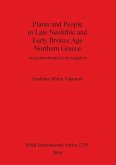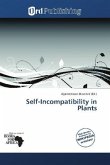Concerns for sustainability and conservation of medicinal plants have emerged very strongly in recent times among researchers, policy makers and development program implementers. This book specifically focuses on the status, market scenario, and management institutions of medicinal plants vis a vis their contributions to livelihoods of the rural poor. Evaluative findings on the activities of three intervention projects showed that dual objectives of conservation and development can help offset threats to medicinal plants and also improve livelihoods. The book also finds that markets for medicinal plants are not in optimally ideal condition due to an awkwardly longer value chain entangled with many constraints and weaknesses. Therefore, it advocates for a vertically integrated value chain for more enabled market situation that will result improved livelihood and environmental sustainability. The book argues for institutional rearrangement comprising core representative of the stakeholders from across the scales for better management of the medicinal plants sub-sector as many institutions are weakly linked with others at broader scale.

